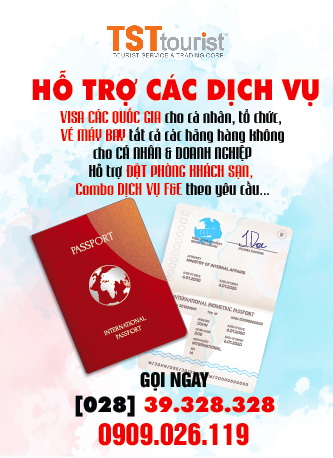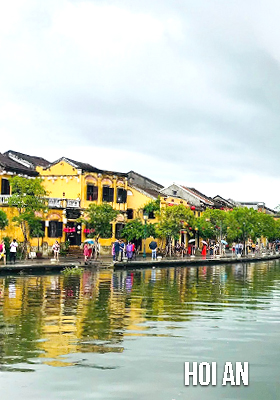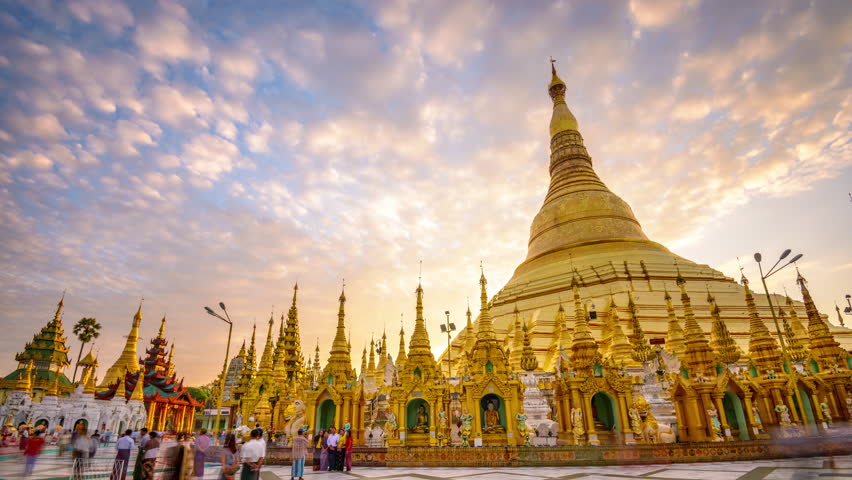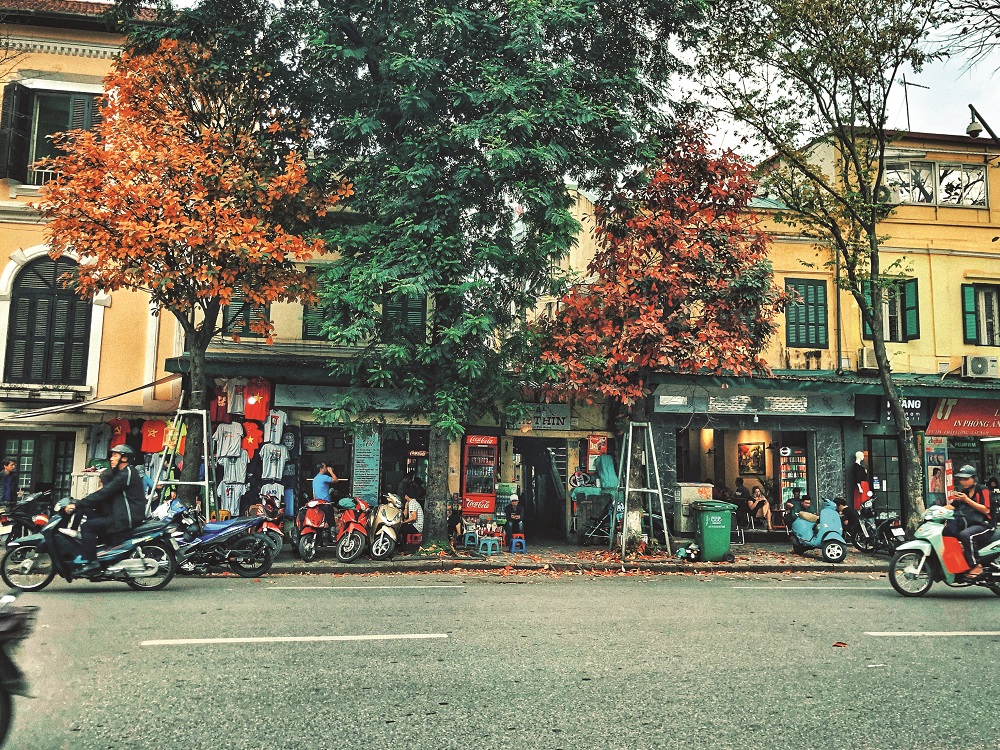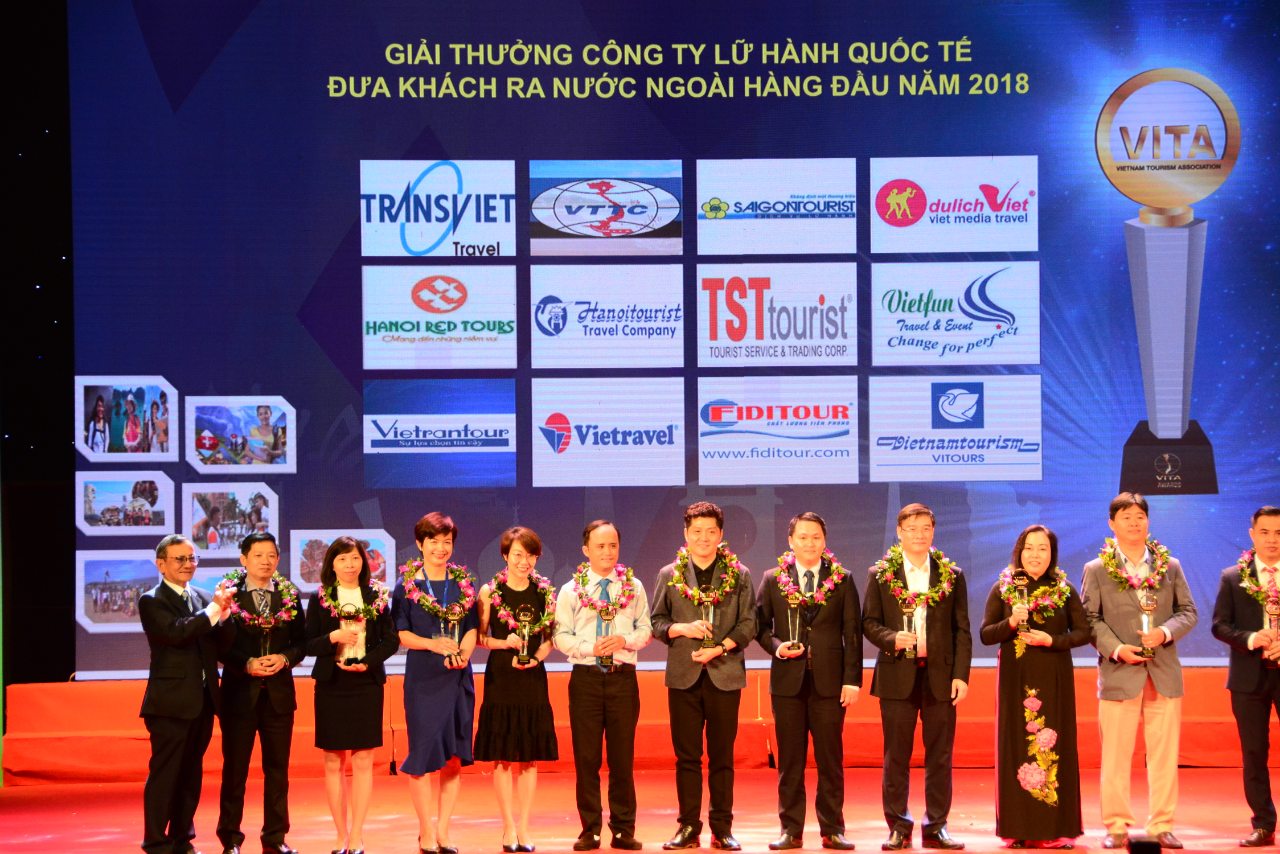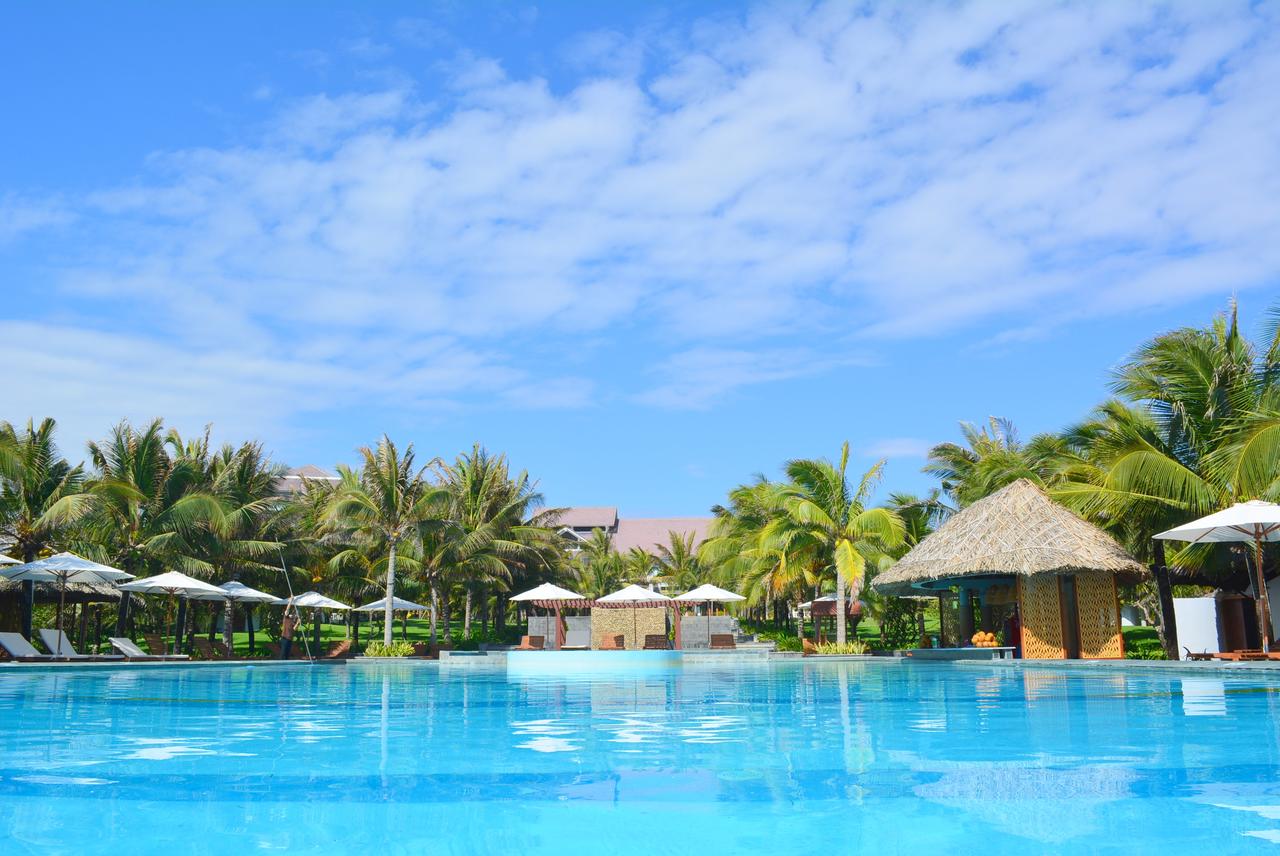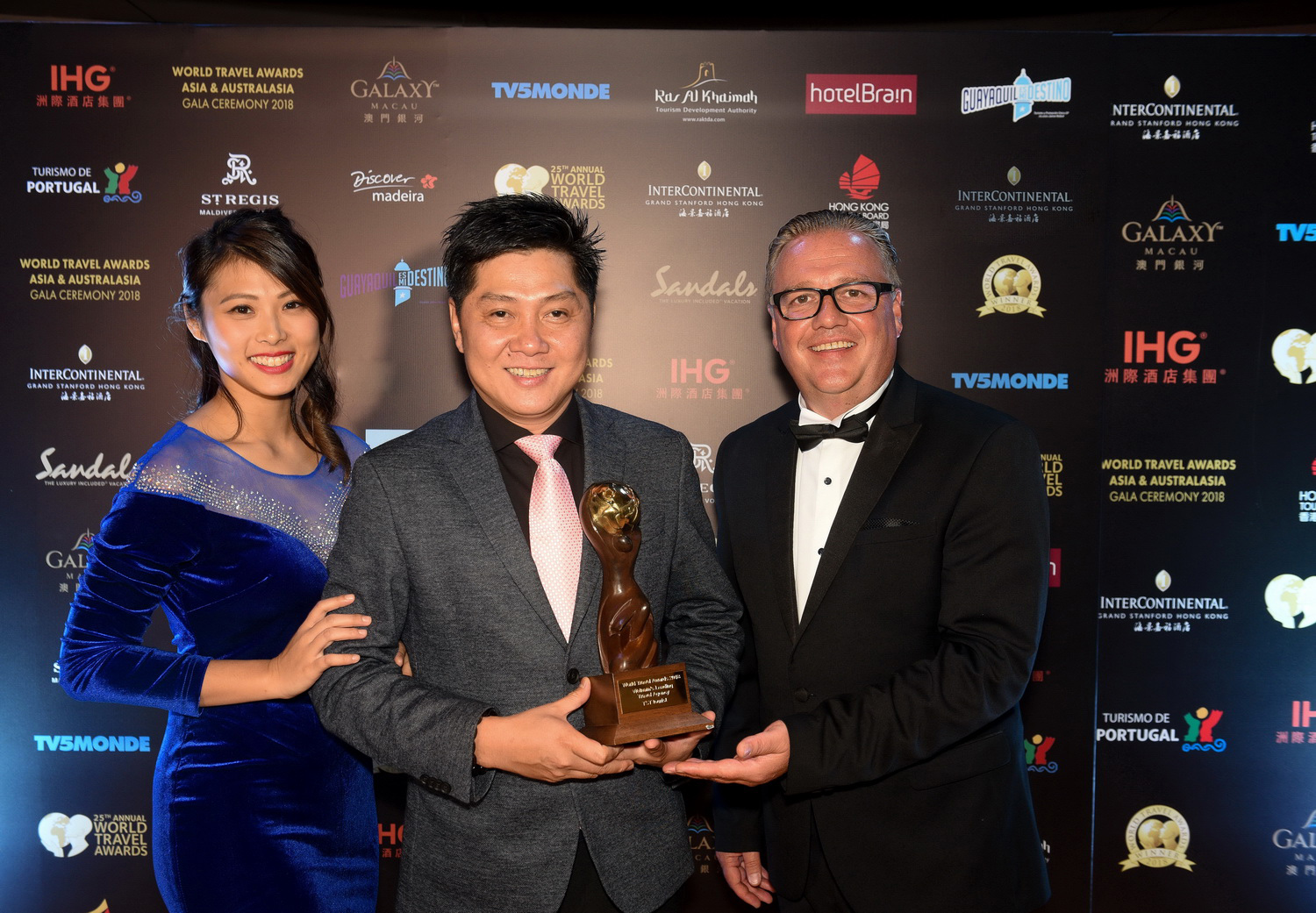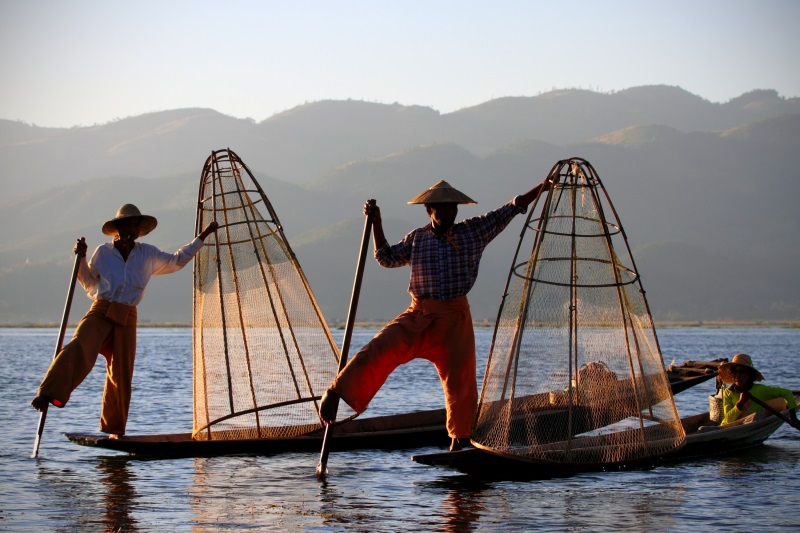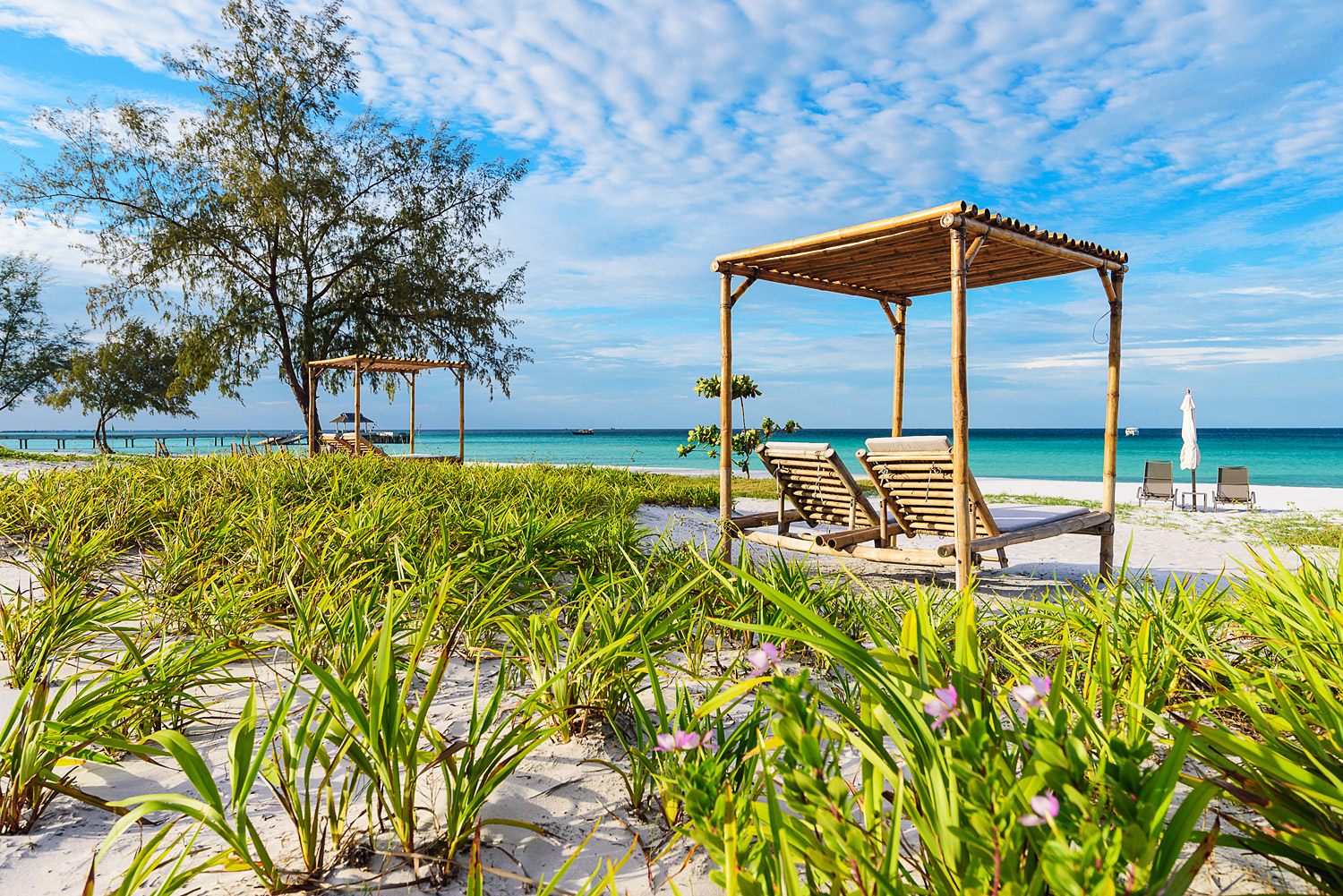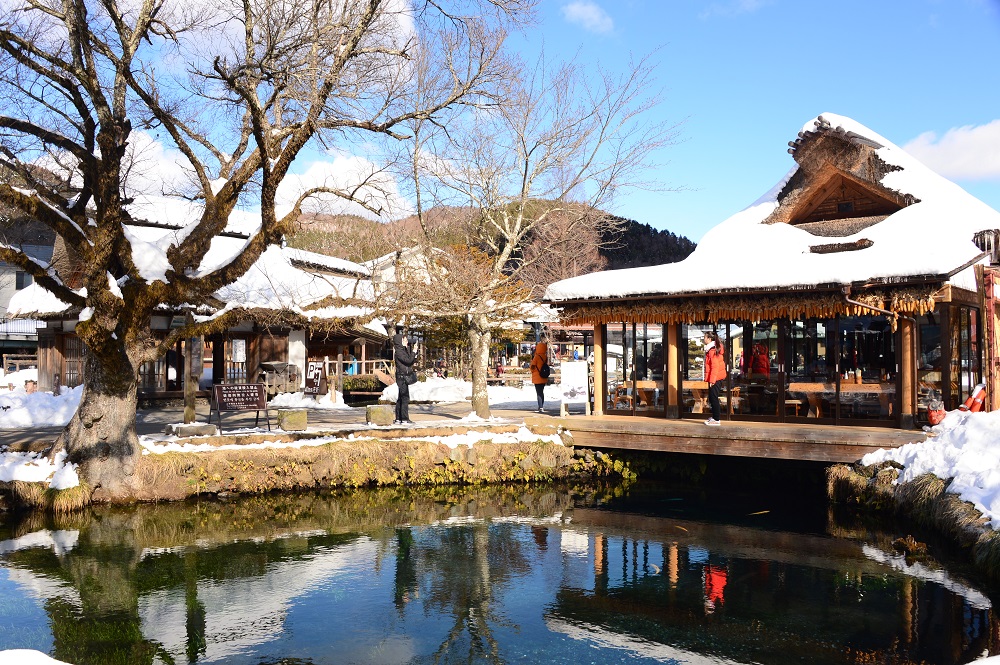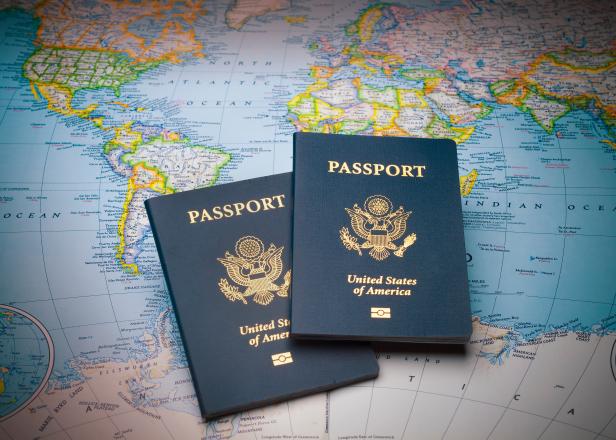- homepage
- news
- asia destination
- jubilant songkran
Jubilant Songkran
Thailand attracts tourists with not only its ideal tourist destinations, charming green islands and a diversity of local dishes, but also colorful festivals throughout the year, especially the festival of water fights Songkran with various activities across the country.
Songkran comes from the Sanskrit word that means “astrological passage”, indicating the shift of time when the sun moves from the zodiac to the Taurus in space. It is when people celebrate the birth of the Buddha, sprinkling water onto one another to cleanse all their sorrows and anxiety, and welcoming a good new year. Songkran is a festival of community spirit, which usually takes place from April 13 to 15 every year.
Starting on the first day of Songkran, called Wan Sungkharn Long, everyone spend time cleaning up their houses and tidying things up. Next, they conduct the interesting ritual of Rod Nam Dum Hua for the elderly, in which young people show respect to their seniors by pouring flower scented water into the latter’s palms to pray for their health and peace. Then, the elderly reciprocate with blessings and delicious treats for everyone. This is considered to be a very meaningful activity in preserving traditional virtue of Thai among generations.
The second day, Wan Nao, is similar to the Lunar New Year Eve in Vietnam, when the whole family get up very early, prepare offerings to pagodas and food for the upcoming holidays, and spend quality time together.
The third and final day is called Wan Payawan. It is the first day of the New Year, and also the Birthday of the Buddha, April 15. On this day, the Buddha bathing ritual is solemnly held at all pagodas with the participation of numerous Buddhist monks, nuns and adherents. At the event, Thai people queue in order to wait for the monks to sprinkle holy water onto them to bless them with good luck, well being and a new year of success. They also build sand stupas in the pagodas, decorate them with flags and flowers to celebrate the event. As soon as the Buddha bathing ritual ends, the traditional water fight festival kicks off. Nearly all the main streets were filled with people, with water pumps, buckets, pots and especially water guns in their hands, getting one another soaked in a carnival atmosphere.
Thai people believe, the more water a person is poured into, the sooner their bad luck will be gone, and good fortune will come in the new year. Therefore, despite their racial and language differences, everyone who participates in this festival conveys their greatest enthusiasm. Besides, the legend has it that the water fight festival is the most divine predestined affinity between people and people, so expatriates, no matter how far away they are, shall return for this event.
During the festival, in addition to water fights, parades, beauty pageants and cooking contests are held in a very elaborate and grandiose fashion. It can be said that Songkran is a typical example of traditional Thai festivals, leaving tourists around the world with a strong impression when visiting this friendly country.
The festival of water fights is held in many different regions: Bangkok, Pattaya and Phuket, among others, but it is in Chiang Mai, dubbed the “capital” of Songkran, where the event is the most jubilant. Chiang Mai people often redecorate their houses a month before and make careful preparations of equipment used to sprinkle water, since it is believed that the more a person gets soaked, the happier their life will be. As Songkran is also a remembrance of the deceased, Chiang Mai people often prepare sumptuous meals to pay homage to their ancestors, before they enjoy themselves during the rest of the holiday. A very special point of Songkran in Chiang Mai is that the people here tie a string around their wrists as a form of wishing all things go well in the new year.
Source: Casitablog.com
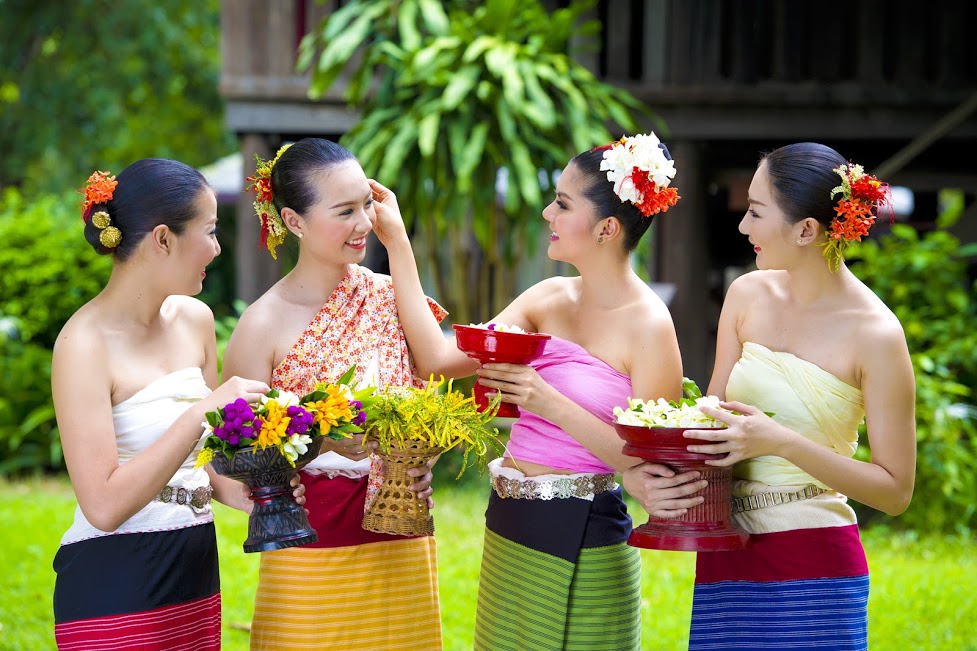
Duong Hang
- Yamanashi the sacred land of dragon 07/02/2020
- Spectacular Seorak in the golden leaf season 18/10/2019
- The unique Intha people 04/10/2019
- Cebu spectacles 20/05/2019
- 7 of Cambodia's best islands 20/05/2019
- Phuket's hidden pearl 20/05/2019
- Myanmar myths 18/05/2019
- Island paradise - Royal Sands Koh Rong 20/05/2019
- Bring yourself to Bang Rak 20/05/2019
- The vivid summer colors of Thailand 18/05/2019
Business hours:
- From 8:00 - 18:00 Mon - Fri
- From 8:00: 12:00 Saturday
International Tour Operator License No: 79-162/20/2014/TCDL-GP LHQT.





